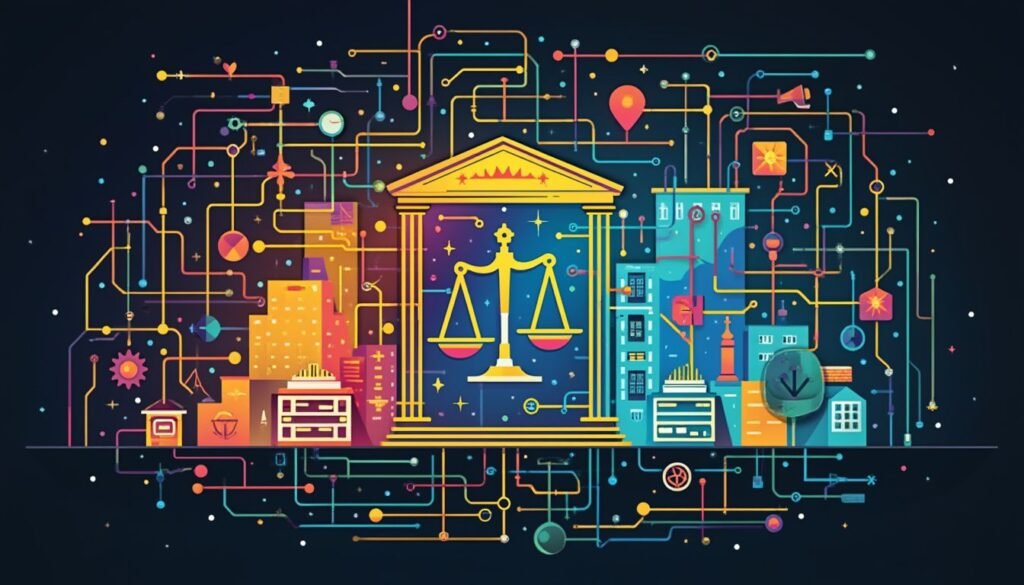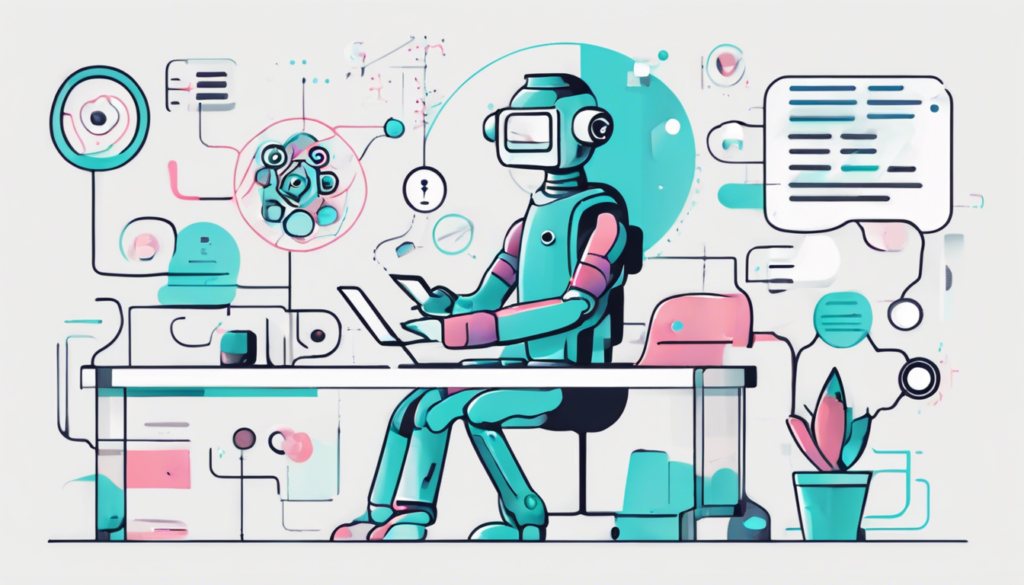In an increasingly interconnected world, the ability to communicate effectively transcends traditional barriers, paving the way for innovation and collaboration. Natural Language Processing (NLP) emerges as a powerful tool in this landscape, enabling machines to understand and interact with human language in ways that were once thought impossible. This article delves into the intricacies of NLP, exploring its significance in modern communication, various applications that harness its capabilities, and the challenges it faces. For professionals looking to stay ahead in this evolving field, understanding NLP is paramount to unlocking its potential for transformative growth.
Key Takeaways:
- Natural Language Processing (NLP) is a critical technology that enhances human-computer interaction.
- NLP plays a significant role in modern communication by enabling more intuitive and interactive platforms.
- Applications of NLP range from customer service chatbots to advanced language translation tools.
- Despite its advantages, NLP faces challenges such as ambiguity in language and data privacy concerns.
- The future of NLP is promising, with continual advancements expected to foster greater innovation across various industries.
Understanding Natural Language Processing
Natural Language Processing (NLP) is a pivotal domain within artificial intelligence that focuses on the interaction between computers and human language, enabling machines to understand, interpret, and generate human language in a valuable way. As professionals delve into NLP, they encounter a myriad of techniques that encompass text analysis, language modeling, and semantic understanding, which are essential for applications ranging from sentiment analysis to machine translation. The evolution of NLP has been significantly propelled by advancements in deep learning, providing powerful models, such as transformers, that enhance both the accuracy and efficiency of language tasks. Understanding the intricacies of NLP is critical for professionals across various fields, including data science, software development, and linguistics, as it opens the door to developing more intuitive and responsive technologies that can seamlessly integrate into daily workflows and improve user interactions.
The Importance of NLP in Modern Communication
Natural Language Processing (NLP) has become an integral component of modern communication, significantly enhancing the way professionals interact with data and each other. By enabling machines to understand, interpret, and respond to human language in a seamless manner, NLP fosters more effective communication strategies across diverse sectors, from customer service automation to content generation and sentiment analysis. For professionals, the application of NLP tools offers substantial benefits, including the ability to analyze large volumes of text data swiftly, derive insights into consumer behavior, and streamline internal communications through smart virtual assistants. Moreover, as remote work continues to rise, NLP serves as a bridge in facilitating collaboration between teams distributed globally, thereby ensuring that language barriers and contextual misunderstandings are minimized. Ultimately, leveraging natural language processing not only boosts productivity but also enriches the quality of interactions, making it a pivotal technology in today’s fast-paced, data-driven world.
‘The greatest gift of human beings is that we have the power of empathy and the understanding of language. With advancements in natural language processing, we can harness these gifts to enhance communication and foster innovation.’ – Unknown
Applications of Natural Language Processing
Natural Language Processing (NLP) has emerged as a pivotal technology across various industries, driving innovation and efficiency in ways that were previously unimaginable. In the realm of healthcare, NLP is employed to analyze vast amounts of unstructured data from clinical notes and patient records, aiding in disease diagnosis and treatment personalization. Financial services utilize NLP for sentiment analysis on market trends, enhancing investment decision-making processes. In the customer service sector, chatbots and virtual assistants powered by NLP enhance user engagement and provide instant support, significantly improving response times and customer satisfaction. Additionally, NLP is crucial in the realm of data security, where it is utilized to monitor and analyze communication for compliance and risk assessment. As the field continues to evolve, the applications of natural language processing are expected to expand, offering even more advanced solutions for automating and optimizing diverse business functions.
Challenges and Limitations of NLP
Natural Language Processing (NLP) faces several challenges and limitations that can hinder its effectiveness and applicability across various domains. One major challenge is the ambiguity inherent in human language, where words can have multiple meanings depending on context, making it difficult for NLP algorithms to accurately interpret intent. Additionally, variations in dialects, idioms, and colloquialisms further complicate language understanding and require constant adaptation of models to account for these differences. Another limitation is the reliance on large datasets for training; acquiring high-quality, annotated datasets can be resource-intensive and time-consuming, and biases present in these datasets can lead to skewed results and reinforce stereotypes. Furthermore, existing NLP models often struggle with understanding context over extended conversations or capturing nuanced emotional subtleties, which are critical for applications in customer service and mental health. Addressing these challenges requires ongoing research and innovation to enhance the robustness and reliability of NLP technologies.
The Future of Natural Language Processing
As we look ahead to the future of natural language processing (NLP), we anticipate profound advancements that will transform not only the field of artificial intelligence but also the broader scope of human-computer interaction. Emerging technologies, fueled by deeper machine learning algorithms and vast datasets, are set to enhance the nuances of language understanding, enabling systems to interpret context and sentiment with unprecedented accuracy. Professionals in various industries, from healthcare to finance, are likely to leverage these advancements to drive efficiencies, improve decision-making processes, and enhance customer experiences through more intuitive interactions with chatbots and virtual assistants. Additionally, as ethical considerations surrounding AI evolve, the development of responsible NLP will become paramount, necessitating a focus on bias mitigation and privacy protection. The confluence of these trends suggests that the future of natural language processing will not only support sophisticated applications but will also ensure alignment with societal values, paving the way for more inclusive and responsible technology.




